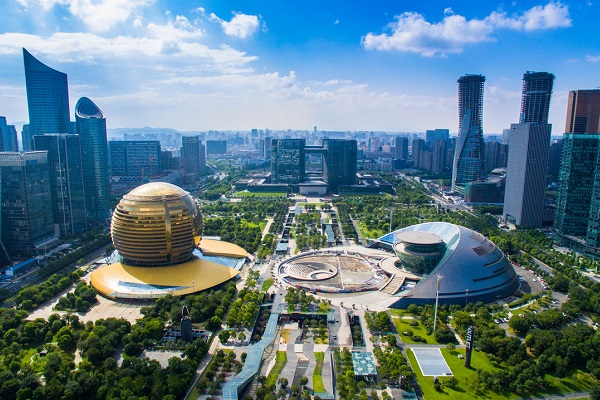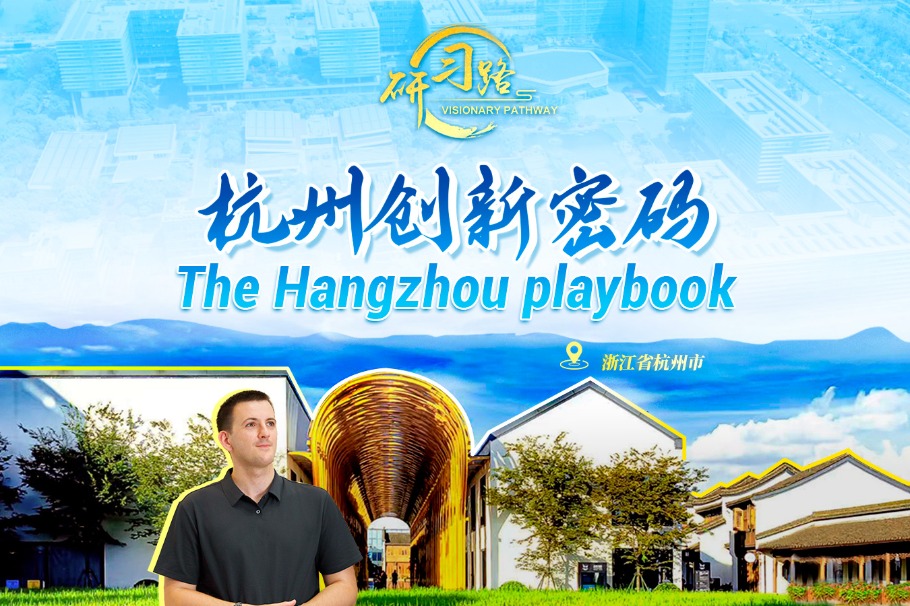The father, the daughter and their legacy
Qu Duyi had a remarkable career as a journalist, covering momentous historical events.
In 1949, when Chairman Mao Zedong proclaimed the founding of the People's Republic of China (PRC), she was the one who broadcast it in Russian to the world.
She co-founded Xinhua News Agency's Moscow bureau and was among the first correspondents stationed abroad from the PRC.
But, it was her father's exemplary work and the family's legacy with the Communist Party of China (CPC) through generations that brought her to the spotlight.
Her father, Qu Qiubai, was an early CPC leader and a revolutionary hero.
In 1920, he landed up in Moscow in search of ways to salvage China. There he researched and wrote about the changes after the October Revolution as a journalist, and listened to Vladimir Lenin's passionate speeches.
He joined the CPC in 1922 and became one of its early leaders. Qu Qiubai earned acclaim as a writer, editor and theorist among his comrades. He was also fluent in Russian.
In 1935, Qu Qiubai was captured by enemy forces and was later executed. He walked through the gates of death unfazed, humming "The Internationale," a song he had translated into Chinese. "Communism is the greatest ideal of humankind," he said before the execution. "Sooner or later, it will be realized, and the CPC will win the final victory."
Qu Duyi, then 14 years old, learned about her father's death from a newspaper in the Soviet Union. She had not seen her parents for five years. They were called back at a time China was reeling under white terror and the Party's underground activities needed them most.
It was an abrupt departure and Qu's father sent her a postcard and flowers from Berlin on the way home.
"Was my father more of a scholarly gentleman or a revolutionary martyr? I was confused," she said in a 2016 interview.
-
Visionary Pathway - Hangzhou Playbook
July 15, 2025



